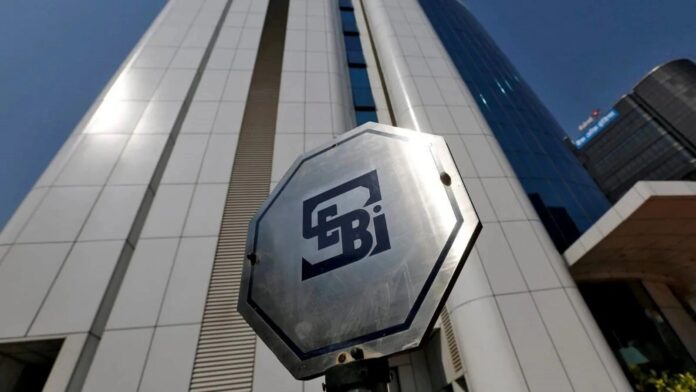SEBI’s Upcoming Board Meeting: Key Discussions on SME IPOs, UPSI, and Angel Funds
The Securities and Exchange Board of India (SEBI) is set to convene on December 18 for a crucial board meeting that promises to shape the landscape of capital markets in India. Among the agenda items are proposed norms concerning initial public offerings (IPOs) for small and medium enterprises (SMEs), the definition of unpublished price sensitive information (UPSI), and the regulatory framework governing angel funds. These discussions are particularly timely, given the surge in SME IPOs and the evolving dynamics of investment in India.
Enhancing SME IPO Regulations
One of the most significant proposals on the table is the potential increase in the minimum application size for SME IPOs. Currently set at ₹1 lakh, SEBI may raise this threshold to between ₹2 lakh and ₹4 lakh. This move, while aimed at ensuring a more robust investor profile, could inadvertently limit participation from retail investors, who have shown a growing interest in SME offerings. The SME IPO segment has experienced remarkable growth, particularly since the fiscal year 2022-23, with FY 2023-24 witnessing a record 196 IPOs that raised over ₹6,000 crore. As of October 15, 2024, an additional ₹5,700 crore has been raised through 159 SME IPOs, highlighting the increasing appetite for these investments.
The surge in SME IPOs has also led to a dramatic increase in investor participation. The applicant-to-allotted investor ratio has skyrocketed from 4 times in FY22 to an astonishing 245 times in FY24. In response to this trend, SEBI is considering raising the minimum number of allottees required for an SME IPO to be deemed successful from 50 to 200. This change aims to ensure a broader distribution of shares and mitigate the risks associated with concentrated ownership.
Moreover, to reinforce the commitment of promoters, SEBI may extend the lock-in period for minimum promoter contribution (MPC) from three years to five years. This adjustment is intended to ensure that promoters maintain a vested interest in their companies, thereby fostering long-term growth and stability.
Redefining Unpublished Price Sensitive Information (UPSI)
Another critical area of focus for SEBI is the definition of Unpublished Price Sensitive Information (UPSI). UPSI refers to information that is not publicly available but could significantly impact the price of a company’s securities once disclosed. SEBI aims to bring clarity and uniformity to compliance requirements for listed companies by reviewing the current definition of UPSI.
The proposed revisions may include additional categories of information, such as loan restructuring, initiation of forensic audits, and actions taken by enforcement authorities against a listed company or its senior management. By broadening the scope of UPSI, SEBI seeks to enhance transparency and protect investors from potential market manipulation.
Regulatory Framework for Angel Funds
In a bid to strengthen the regulatory framework for angel funds, SEBI is contemplating a proposal that would restrict investments in these funds to accredited investors only. This measure aims to ensure that only those with the requisite financial knowledge and risk appetite engage in investments in start-ups through angel funds. Accredited investors will need to meet specific net-worth criteria, which will be verified by third-party accreditation agencies.
Additionally, SEBI is considering reducing the minimum investment limit by an angel fund in a start-up from ₹25 lakh to ₹10 lakh. Conversely, the maximum investment limit may be increased from ₹10 crore to ₹25 crore. These changes are designed to encourage more substantial investments in promising start-ups while ensuring that investors are adequately equipped to handle the associated risks.
Conclusion
As SEBI prepares for its upcoming board meeting, the proposed changes to SME IPO regulations, the definition of UPSI, and the framework for angel funds reflect a proactive approach to enhancing the integrity and efficiency of India’s capital markets. By addressing the challenges posed by the rapid growth of SME IPOs and the evolving landscape of investment, SEBI aims to foster a more robust and transparent market environment. Stakeholders, including investors, companies, and financial institutions, will be closely monitoring these developments, as they hold significant implications for the future of investment in India.

